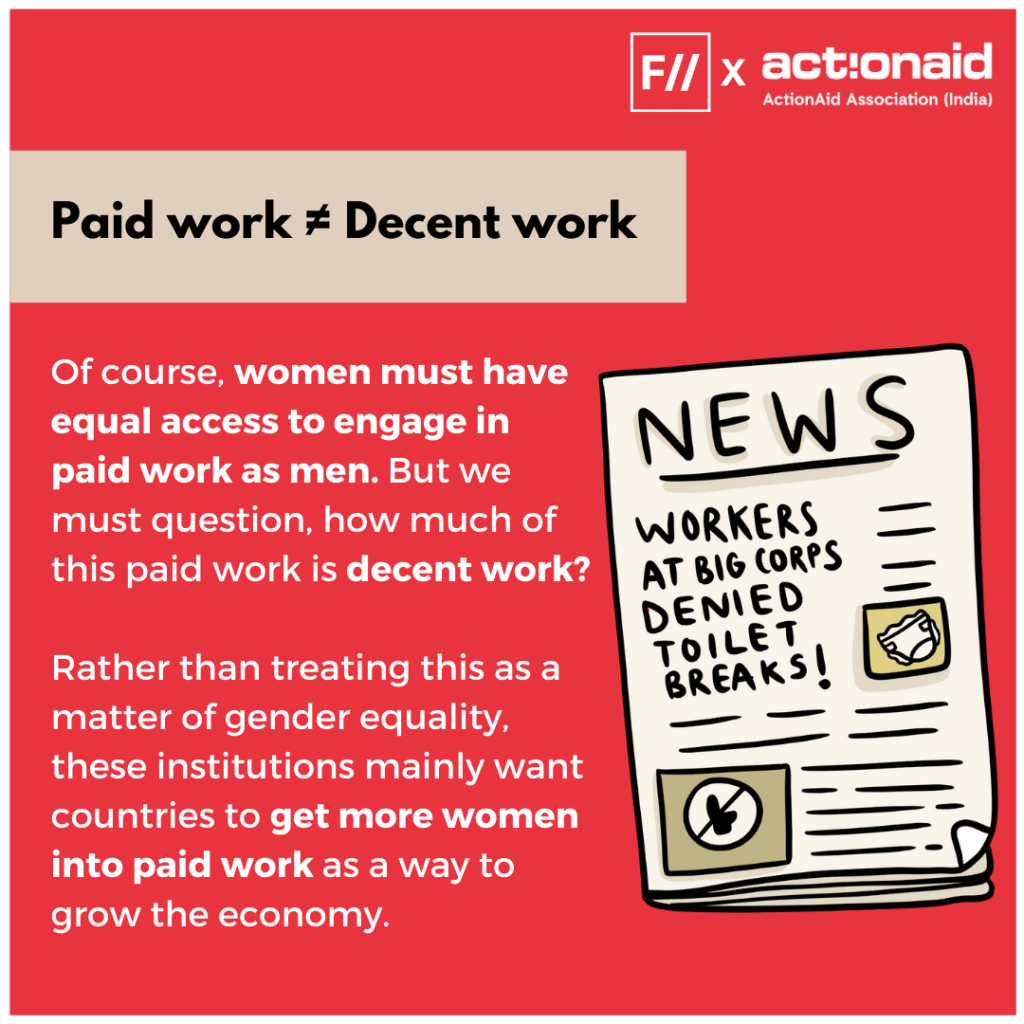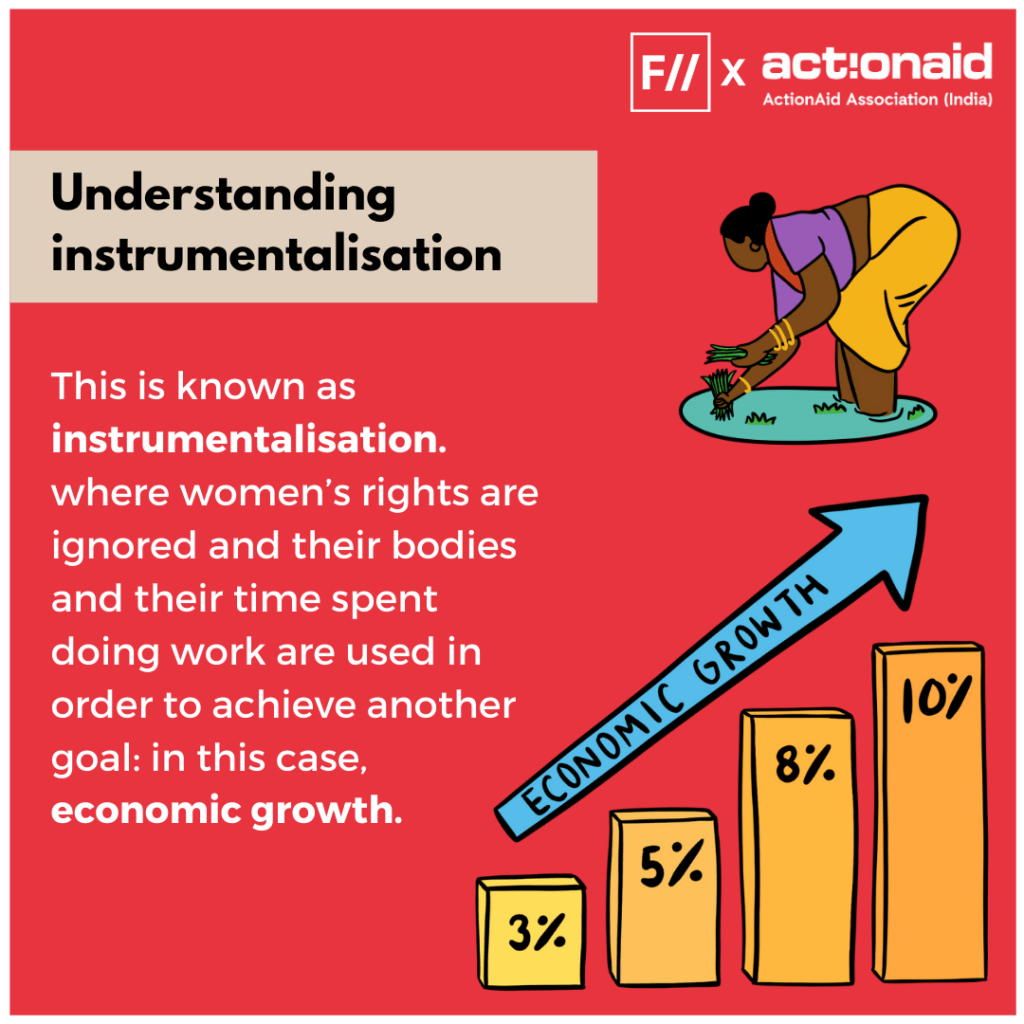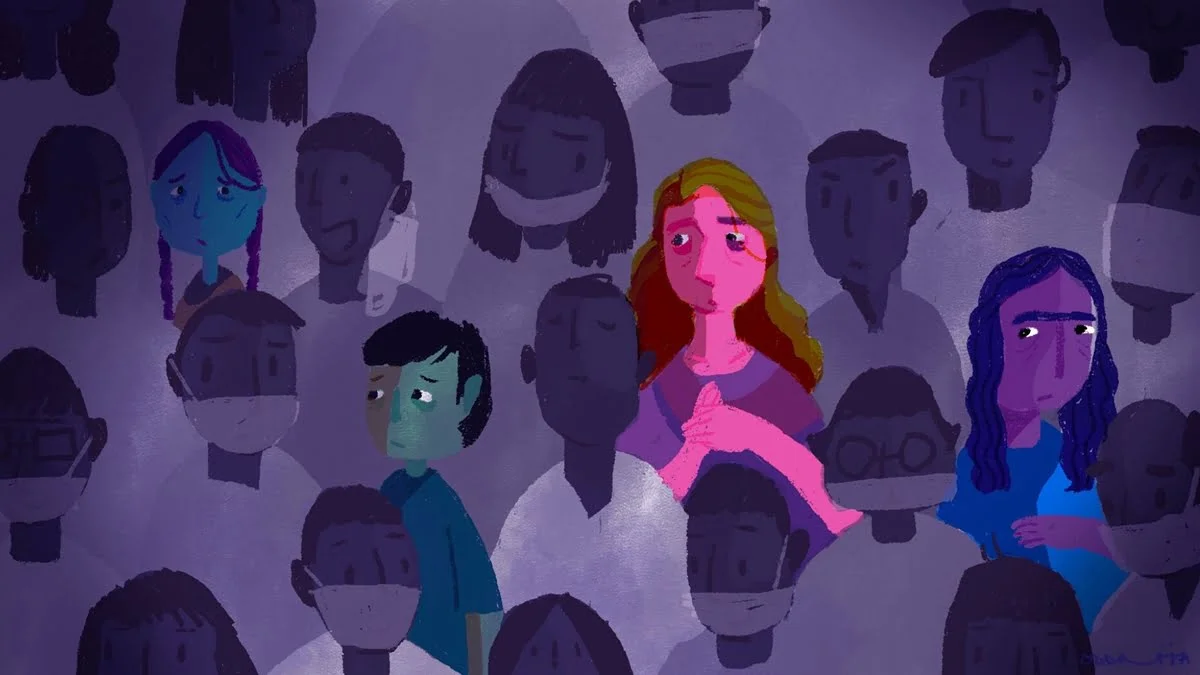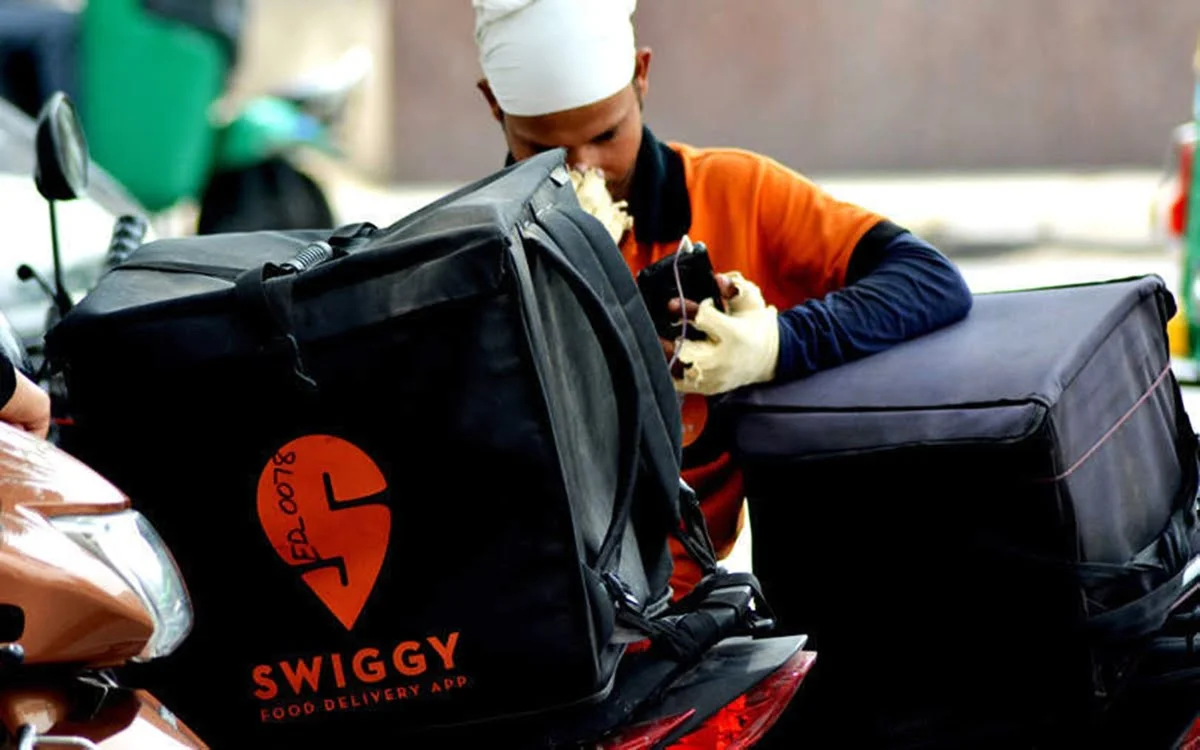While international financial institutions want to increase the participation of women in the paid labour force, we must ask ourselves, does paid work = decent work? Today, FII and ActionAid India, as part of our campaign ‘Linking the Global to the Local’, take a look at how international financial institutions encourage instrumentalisation to achieve economic growth.
1. Impact of cuts to public services on women
Cuts to public spending can impact women from marginalised communities disproportionately. They often already have an even harder time accessing affordable and good quality public services. This is especially true for women who face multiple layers of discrimination because of their ethnicity, caste, disability, etc.

2. Facing interlinking forms of discrimination
For example, in South Africa, young black women face increased levels of discrimination compared with their male peers, elders or white women across the country. Similarly in India, young Dalit women are subjected to interlinking forms of discrimination based on their caste, gender, age etc.

Also read: Can Local Feminist Agencies Hold International Financial Institutions Accountable?
3. The role women’s rights groups can play
Since policy advice and loan conditionalities by international financial institutions can undermine commitments made by countries to achieve gender equality, women’s rights organisations and groups worldwide put pressure on these institutions so they recognise how their policies often make the lives of women and girls harder.

4. Co-opting equality
International financial institutions now undertake research and analysis into gender inequality, including how it can affect economic stability. However, instead of looking at how their policies undermine public services provision or promote taxation – they are more interested in promoting women’s participation in the paid labour force.

5. Paid work ≠ Decent work
Of course, women must have equal access to engage in paid work as men. But we must question, how much of this paid work is decent work? Rather than treating this as a matter of gender equality, these institutions mainly want countries to get more women into paid work as a way to grow the economy.

6. Understanding instrumentalisation
This is known as instrumentalisation. where women’s rights are ignored and their bodies and their time spent doing work are used in order to achieve another goal: in this case, economic growth.

7. Playing both sides
Additionally, these institutions make policy recommendations to countries under a number of ‘pilot’ projects, for example, advising countries to increase investments in childcare and education. However, they still choose to ignore how the vast majority of their policy advice and loan conditionalities still promote cuts to public services.

Also read: The Struggle Of Beauty Workers In On-Demand Digital Platform
8. A closer look at home
An example of this can be found in India, where international financial institutions advocate gender equality policies through one aspect of their work, while reducing funding to public services, and thus increasing gender inequality, in other aspects of their work.

9. Not just paid, but decent work as well
While it can’t be denied that women’s equal participation in the labour force is of import, what should be more important is that women have decent, well-paid jobs and that money circulating in the national and global economy is used to support women and communities to live with dignity and have their human rights fulfilled.

This poster series is part of FII and ActionAid India‘s joint digital media campaign ‘Linking the Global to The Local’. Throughout this collaboration, FII and ActionAid India will be focusing on how international financial institutions impact public services and young women’s rights and how we can create change
If you’re a woman or belong to a gender-minority and want to share with us how Gender Responsive Public Services (GRPS) have impacted you and your community members, we encourage you to share your experiences with us. Be vigilant and tell us what you see, hear and experience at info.india@actionaid.org.
About the author(s)
Feminism In India is an award-winning digital intersectional feminist media organisation to learn, educate and develop a feminist sensibility and unravel the F-word among the youth in India.




